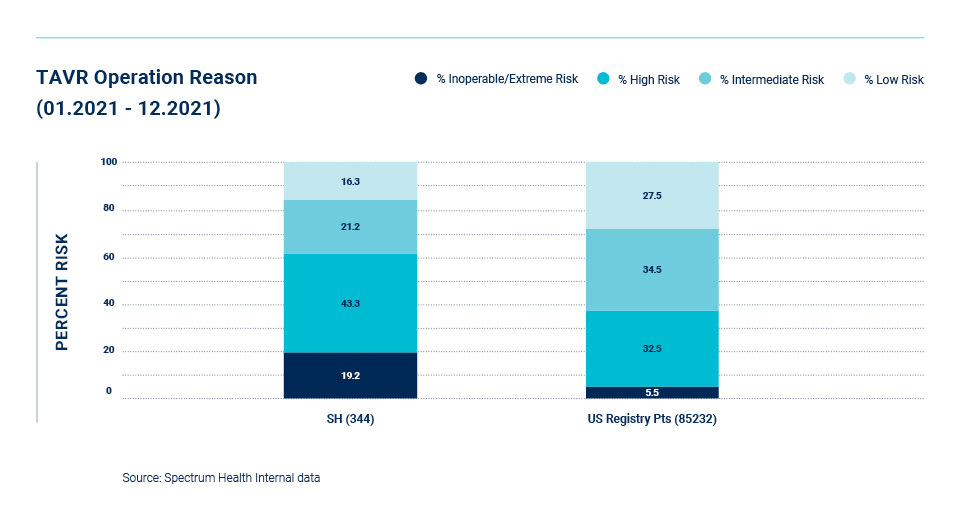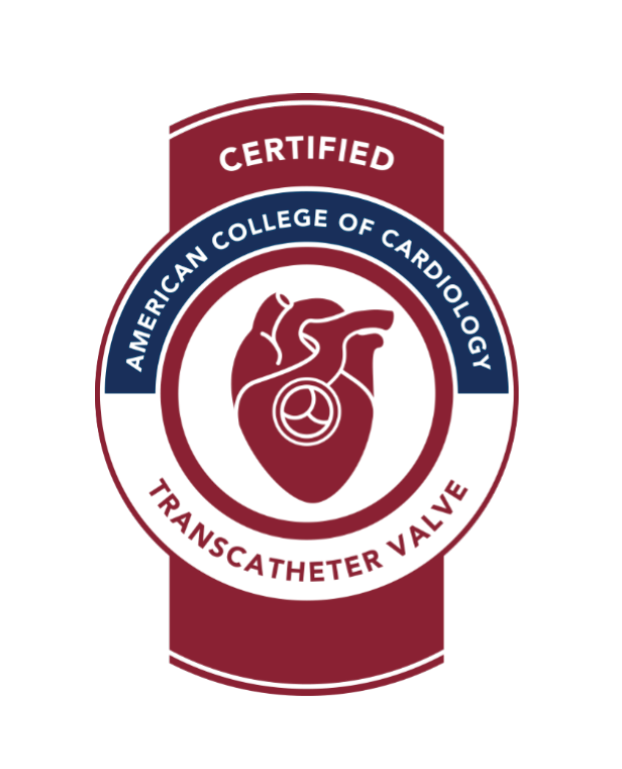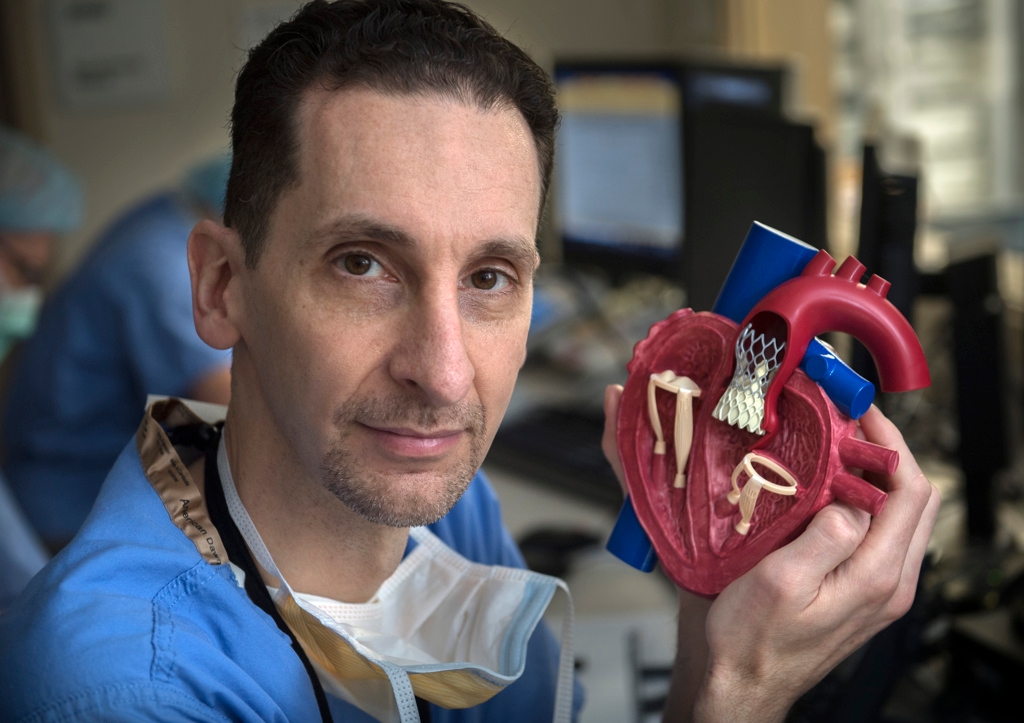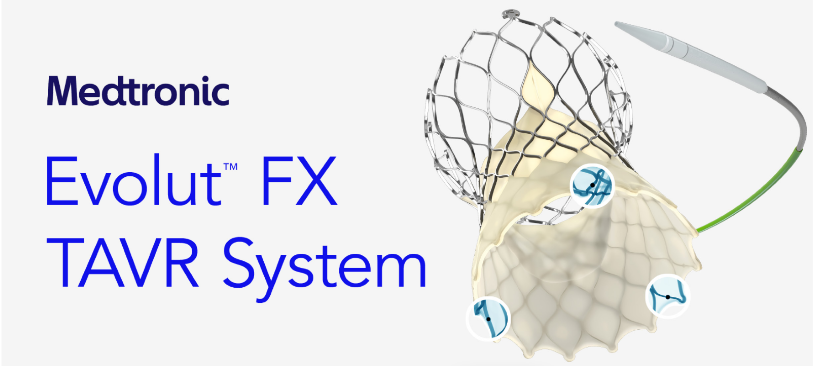Transcatheter aortic valve replacement (TAVR)
With a TAVR procedure, interventional cardiologists and cardiothoracic surgeons work together to replace the aortic valve with a prosthetic valve via a catheter-based approach. This procedure utilizes a collapsible valve implanted percutaneously, and is indicated for patients at low, intermediate, high, or extreme risk for open-heart surgery.
Through a comprehensive diagnostic evaluation, our team will review old and new studies on every patient and choose the best treatment plan. Our inpatient mortality rate is lower than the national average despite treating a higher amount of high and extreme risk patients compared to the national average.
Spectrum Health treats close to 3x more medically complex/extreme risk patients than national averages

Source: STS/ACC TVT Registry.
High volumes lead to improved outcomes
Patients achieve improved outcomes at facilities with higher case volumes. Spectrum Health is second highest volume site in the state of Michigan. We have done over 2300 TAVR cases since 2011.
The American College of Cardiology has recognized Spectrum Health’s Structural Heart and Valve Center for its demonstrated expertise and commitment in treating patients who receive a transcatheter aortic valve replacement.

Benefits of TAVR for patients

- Easier and more rapid recovery time
- Shorter length of stay
- Reduced surgical complications compared with traditional open-heart surgery
- TAVR patients may be eligible for the embolic protection device called Sentinel. The Sentinel device reduces risk of stroke during a TAVR procedure.
Type of TAVR valves
Make an Appointment
Contact us to learn how to take the next step and get an appointment with one of our specialists.

